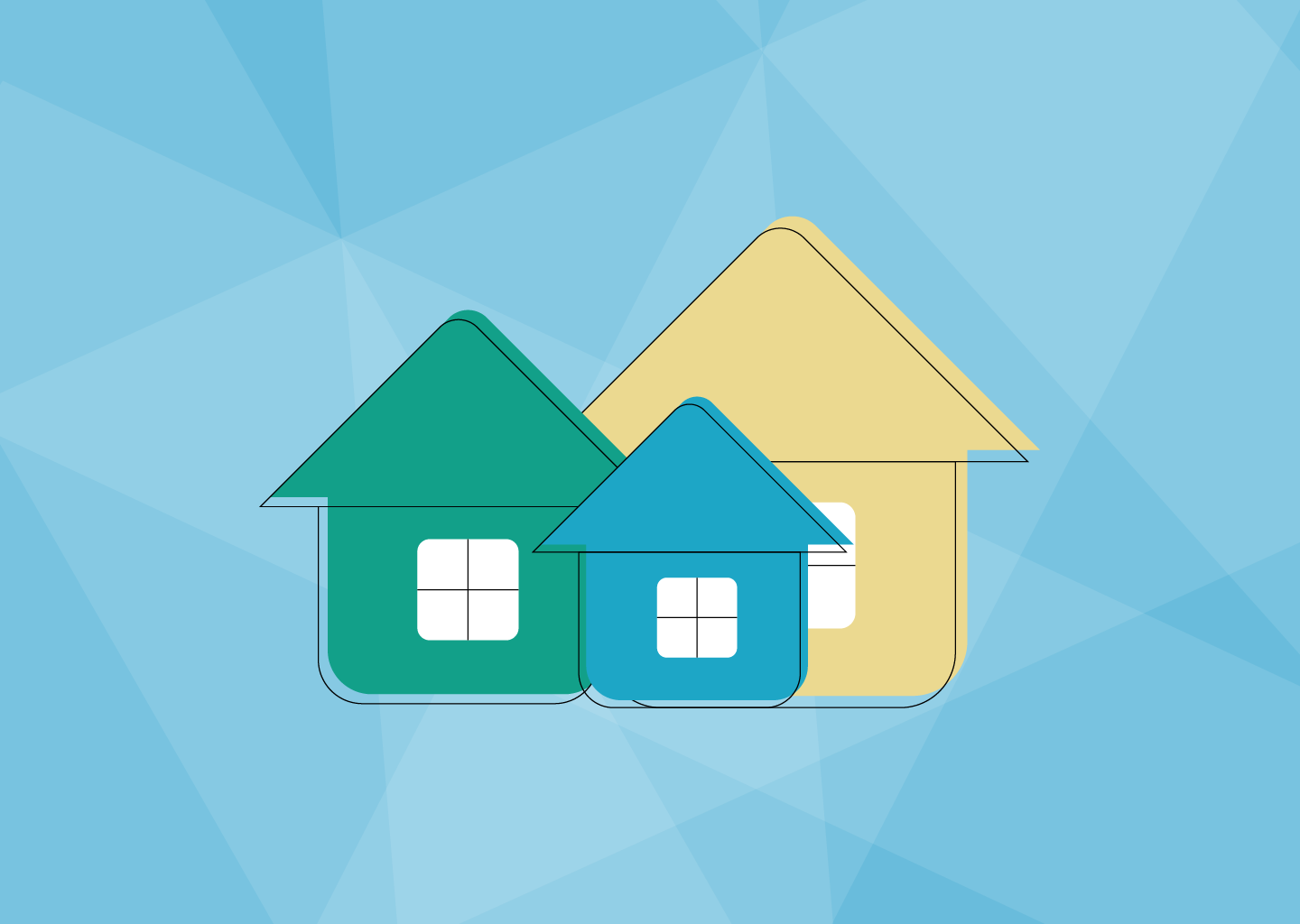Exploring the Benefits And Drawbacks of HOA Living
The decision to stay within a Homeowners Association (HOA) neighborhood is one that comes with its own collection of ramifications and considerations. While some people value the sense of neighborhood, shared features, and maintenance services that HOAs use, others may discover the rigorous rules and month-to-month charges to be limiting. As we delve right into the intricacies of HOA living, it becomes obvious that the balance between disadvantages and benefits is fragile and extremely subjective. Allow's discover the subtleties of this one-of-a-kind living arrangement to discover a deeper understanding of its influence on citizens and their lifestyles.
Advantages of HOA Living
Living in an area handled by a Homeowners Association (HOA) can use locals a sense of security and tranquility of mind regarding residential or commercial property upkeep and area upkeep. HOAs typically establish and implement policies and regulations that aid keep residential or commercial property values and make sure a cohesive aesthetic within the community. This can include standards on landscape design, exterior home maintenance, and even constraints on specific tasks that may disturb the peace.
Furthermore, HOAs commonly provide amenities such as parks, swimming pools, and area facilities that locals can delight in without needing to worry regarding maintenance or upkeep. These shared facilities can cultivate a sense of community and give chances for mingling and recreation right within the community.

Disadvantages of HOA Living

One notable downside of residing in a neighborhood regulated by a Homeowners Organization (HOA) is the possibility for limiting rules and laws that may limit property owners' liberties and personal selections - hoa san antonio. While HOAs are established to maintain residential or commercial property values and area criteria, some individuals might discover the substantial listing of regulations burdensome. These guidelines can determine anything from the color homeowners can paint their houses to the sorts of plants they can have in their lawns, infringing on individual preferences
An additional drawback of HOA living is the possibility of raised fees. Property owners are called for to pay regular because of the HOA, which can vary and potentially stress the budget plan of locals. These fees remain in enhancement to home mortgage repayments and real estate tax, including in the general cost of homeownership.
In addition, conflicts with the HOA board or other citizens can arise, leading to disagreements that may be challenging to solve (hoa san antonio). Differences in viewpoint pertaining to area decisions or enforcement of rules can develop stress and diminish the overall living experience within the area
Services and Services Provided
While some might locate disadvantages in the restrictive policies and possible conflicts of HOA living, it is important to explore the services and solutions used within these areas. Property Owners' Organizations (HOAs) frequently provide a variety of facilities that add to a practical and comfortable living atmosphere.
Furthermore, HOAs generally offer solutions that can make day-to-day live a lot more workable for locals. These services might encompass landscape design and upkeep of usual areas, garbage elimination, snow removal, and also security patrols. By pooling sources through HOA charges, residents can take advantage of well-maintained surroundings and improved protection measures without needing to manage these facets themselves.
Financial Considerations and Fees
Economic preparation is a critical aspect of homeownership within an HOA area. When considering staying in a house owners association (HOA), it is vital to consider the economic considerations and charges associated with this kind of living plan. One of the main economic elements to take into consideration is the regular monthly or annual HOA fees. These fees cover numerous expenses such as maintenance of typical locations, features like swimming pools or fitness centers, and often utilities or insurance policy. It is crucial to understand the break down of these charges and what services they encompass to examine whether they align with your budget and way of living preferences.
Along with routine HOA charges, there might be unique analyses that house owners are called for to spend for unexpected repairs or upgrades to the community. These evaluations can vary in quantity and regularity, so it is essential to make inquiries concerning the HOA's monetary wellness and any type of approaching projects Get More Information that might cause additional costs. Understanding and planning for these financial commitments can help home owners stay clear of any kind of unforeseen economic worries and guarantee a smooth living experience within the HOA area.
Neighborhood Rules and Regulations
Sticking to the well established community rules and laws is fundamental for fostering a harmonious living environment within an HOA. These policies function as guidelines to maintain the aesthetics, safety, and overall well-being of the neighborhood. While some citizens might see these regulations as limiting, they are made to protect residential property worths and guarantee that all participants can take pleasure in a high top quality of life.
Neighborhood policies and regulations usually cover a variety of locations, including building guidelines, landscaping demands, sound restrictions, and family pet policies. By implementing these regulations evenly, HOAs can create a appealing and natural neighborhood that benefits all homeowners. Additionally, these regulations can help avoid potential conflicts among neighbors by establishing clear assumptions for appropriate behavior.

Conclusion
Finally, staying in a property owners organization (HOA) neighborhood provides benefits such as upkeep of usual areas and services, along with enforcement of community rules. However, disadvantages consist of potential limitations on residential or commercial property adjustments and additional fees. It is essential for individuals to thoroughly think about the economic implications and laws of HOA living prior to deciding. Ultimately, the choice to stay in an HOA community depends upon specific preferences and concerns.
